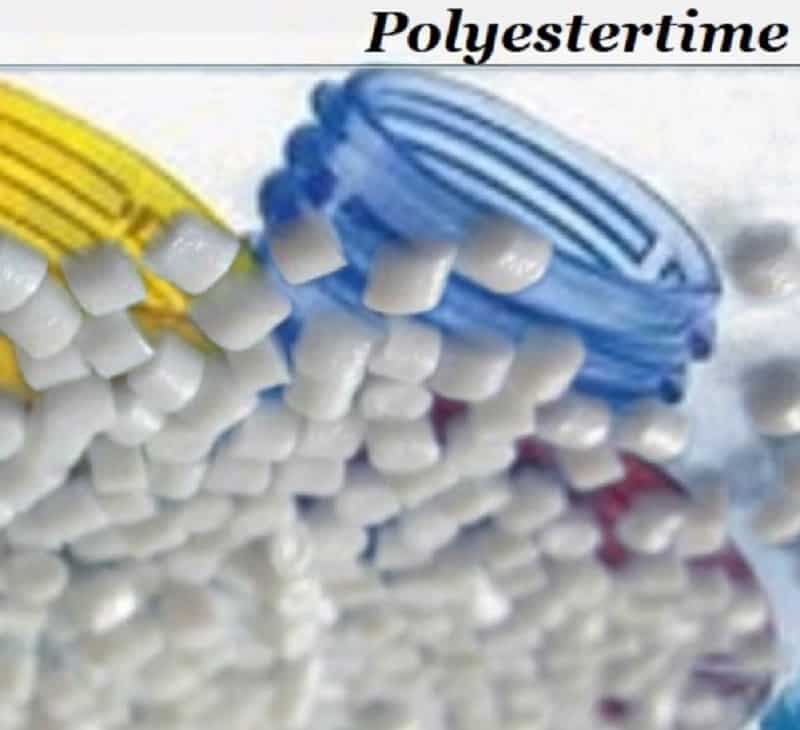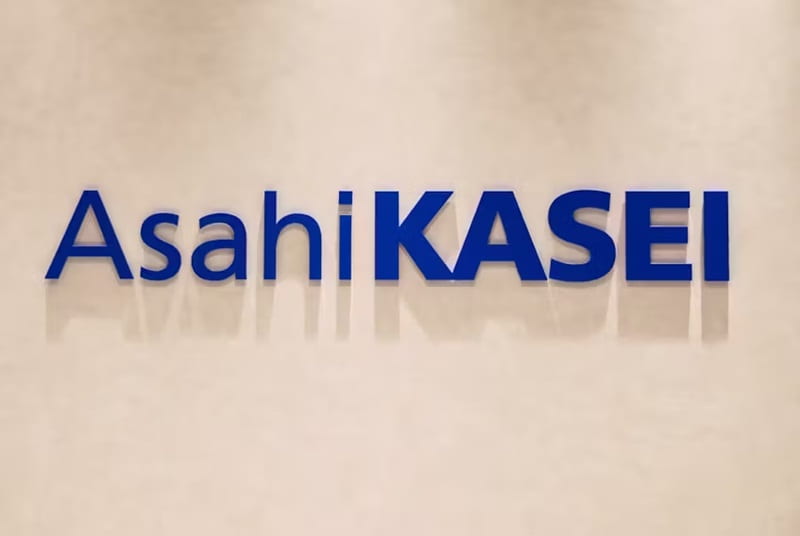PE films – Asahi Kasei has introduced LASTAN, a new flame-retardant and highly flexible nonwoven fabric aimed at enhancing electric vehicle (EV) battery safety 23-09-2024
PE films
R-PET Resin – LYB lays foundation for 1st industrial-scale advanced recycling plant at Wesseling, Germany, site

Crude Oil Prices Trend

Crude Oil Prices Trend by Polyestertime
In August through mid-September, European producers of standard thermoplastics, particularly polyethylene (PE) films, saw slight margin improvements driven by stronger demand
Prices increased even before the expected rise in feedstock costs, allowing producers to gain a better margin. The demand recovery in key sectors, such as packaging and construction, contributed to this price support.
The market’s positive shift was due to firmer buying interest and a rebound in economic activity following a period of uncertainty. PE films
Some supply constraints also played a role, as manufacturers were cautious in production due to earlier weak demand and volatile market conditions. This cautious approach tightened supply, pushing prices upward.
Feedstock prices, especially for ethylene, were also expected to rise, creating further pressure on PE film prices. However, producers managed to implement price hikes ahead of these increases. The improved sentiment and demand stability helped offset some of the earlier concerns about price volatility. PE films

Asahi Kasei has introduced LASTAN, a new flame-retardant and highly flexible nonwoven fabric aimed at enhancing electric vehicle (EV) battery safety
This material serves as an alternative to traditional thermal runaway protection solutions and can be utilized in top covers, busbar protection sleeves, and other components within EV battery packs.
As EVs become more widespread, battery safety remains a key concern for consumers and manufacturers. There’s a growing demand for materials that offer excellent flame resistance, protection against particle blasts, and strong electrical insulation, all while being lightweight and adaptable to complex shapes. Conventional mineral-based materials, though effective, are heavy, brittle, and challenging to process. PE films
LASTAN addresses these issues by providing high flame resistance and electrical insulation in a flexible, non-mineral fabric. Produced by air baking a special acrylic fiber at 200–300°C and enhanced with a specialized coating, it also features improved abrasion resistance. The material can withstand exposure to flames up to 1,300°C without significant heat transfer or structural damage and resists high-pressure impacts from particles sized 200–500 µm. Additionally, it offers electrical insulation up to 3.5 kV at a thickness of 1 mm.
Due to its thinness (as low as 0.8 mm) and flexibility, LASTAN is easily processed with ordinary tools, simplifying manufacturing processes. Currently produced in Japan, Asahi Kasei is considering expanding production to the United States and other countries. The company plans to showcase LASTAN at the North American Battery Show from October 7 to 10, 2024, in Detroit, Michigan. PE films

LyondellBasell and Dacia develop a recycled solution for the iconic Duster model
Lyondellbasell and Dacia proudly announce a groundbreaking collaboration for the exterior design of the All-New Dacia Duster model. Renowned for its rugged elegance, the All-New Dacia Duster now features the sturdy “Starkle®” material, made possible by the CirculenRecover portfolio from LYB. These innovative CirculenRecover polypropylene (PP) compounds incorporate recycled materials and bring an unique aesthetic to the All-New Duster model. PE films
“The development of CirculenRecover polymers exemplifies our unwavering commitment to creating solutions for everyday sustainable living,” says Alexandre Martin, LYB business development manager Transportation. “This innovative material not only elevates the aesthetics of vehicles but also aligns with our customers’ sustainability goals.”
This CirculenRecover polymer, a PP compound that includes 20% recycled PP based on mechanical recycling, is derived from post-industrial waste diverted from the manufacturing process of goods such as flexible packaging. Compared to using virgin materials, this reduces CO2 emissions, underscoring Dacia’s dedication to sustainability. CirculenRecover is incorporated into the Dacia “Starkle®” material, which is used in exterior parts such as bumpers, trims, and body side moldings across the All-New Duster model. PE films
Beyond achieving performance for automotive exteriors, CirculenRecover polymers offer a mold-in-color special effect with particles to highlight the use of recycled content. This single-material solution eliminates extra steps, enhances design efficiency, and can help improve the potential recyclability of the parts. This refreshing “Starkle®” design instills the All-New Dacia Duster with distinctive character, catering to end consumers’ increasing awareness of recyclability.

Gabriel-Chemie has launched an innovative flame retardant masterbatch for stadium seats, integrating UV protection, sustainability, and vibrant color options
With over 30 years of expertise and more than 2.5 million stadium seats produced using its solutions, the company remains a leader in this field. In response to the increasing demand for eco-friendly products, Gabriel-Chemie’s new range is specifically designed for use with recycled post-industrial polypropylene (PP). PE films
These masterbatches have undergone rigorous testing to meet key European safety standards and ensure long-lasting color stability, aligned with EN13200-4 for spectator facilities.
For traditional seating applications using virgin polymers, Gabriel-Chemie offers over 100 specialized solutions tailored for flame retardancy and UV protection in materials like PP, glass fibre-filled PP, and PA6. These masterbatches comply with more than 10 different fire safety regulations across major markets, including Italy, Germany, the USA, the UK, and Switzerland. Suitable for both injection and extrusion blow moulding, the product ensures safety, durability, and aesthetic appeal in stadium seating. PE films

Hyundai and Škoda have partnered to explore hydrogen technologies, but it appears they may not focus on fuel cell cars
While companies like Toyota, Honda, and BMW are actively developing hydrogen-powered vehicles, Hyundai and Škoda’s collaboration seems aimed at the broader hydrogen economy.
The agreement is with the “Škoda Group,” not “Škoda Auto,” suggesting that passenger cars might not be their primary concern. Hyundai stated their intent to “work together to build a hydrogen economy,” which doesn’t necessarily involve producing fuel cell vehicles. Ken Ramírez, head of Hyundai’s hydrogen business, mentioned creating “positive synergies between our fuel cell technology and the Škoda Group’s mobility products and concepts,” without specifically mentioning cars. PE films
Similarly, Škoda Group CEO Petr Novotný spoke about “bringing innovative and environmentally friendly solutions to the global mobility ecosystem and promoting cleaner energy where it is most urgently needed.” Again, there’s no direct reference to automobiles.
It’s possible that the partnership is still defining its focus, with studies on fuel cell applications underway. The emphasis on the energy sector suggests their collaboration might involve hydrogen infrastructure, public transportation, or industrial applications rather than personal vehicles. PE films
In summary, while Hyundai and Škoda are joining forces in the hydrogen sector, it’s uncertain whether this will lead to the development of fuel cell cars. Their statements point toward broader mobility and energy solutions, leaving open the question of what specific projects they will undertake.

PE films
